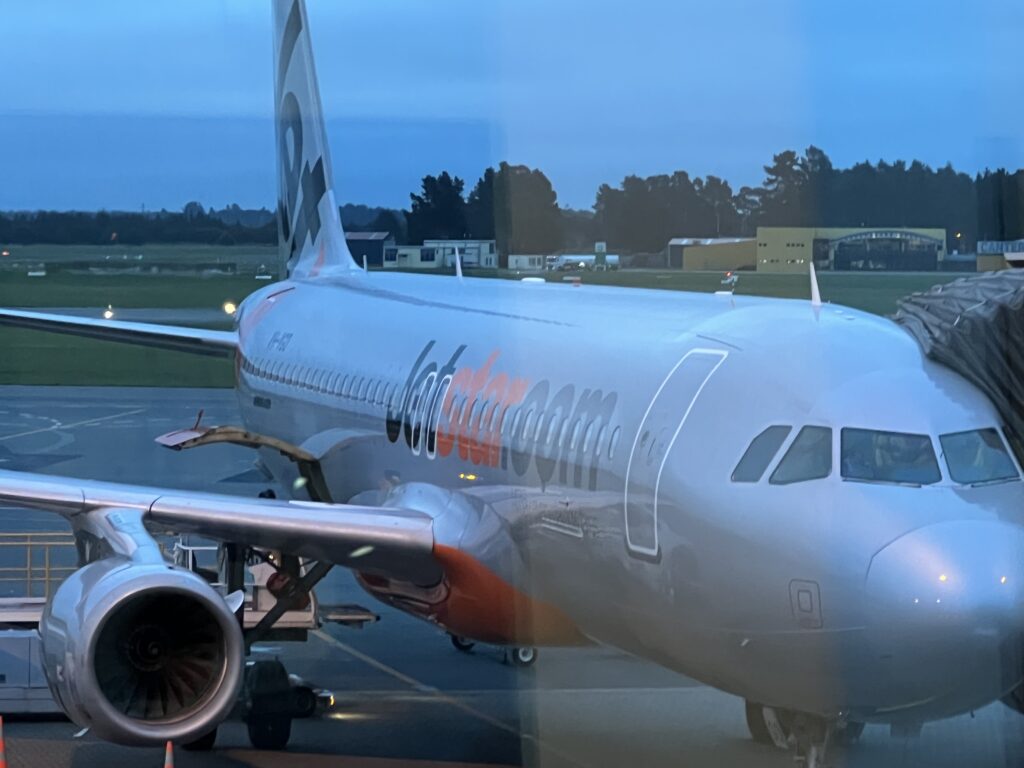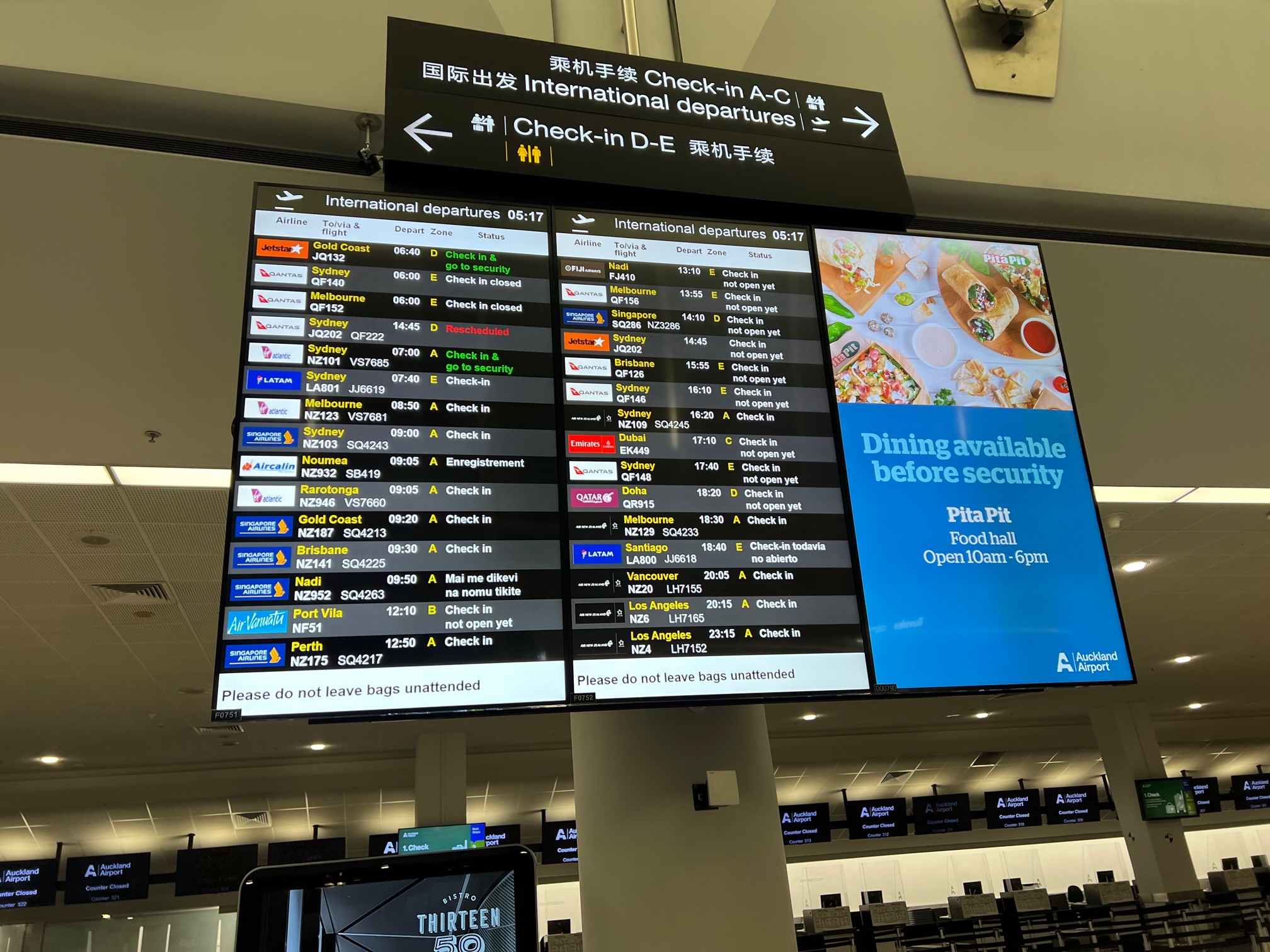
Introduction to the world of low cost carriers
In recent decades the rise of the low cost and even the Ultra low Cost Carrier (ULCC) airline model has seen an explosion in growth with these airlines strongly rivalling the traditional legacy carrier model for the commercial airline passenger market. Low cost carriers have revolutionized travel making it more accessible and affordable for millions of more people who would have otherwise not be afford air travel.
The low cost carrier (LCC) model typically is made possible by airlines reducing operating costs by unbundling most services, products, meals or any other typical inclusions taken for granted with legacy carriers and offering them as optional paid extras or on a pay as you go basis. Many LCC airlines also operate streamlined networks and a single class, single aircraft type operating model and may use alternative airports with lower usage fees.
Flying with a budget carriers can be a great means to get from A to B for a minimum of fuss at a bargain basement price if you do your homework first and haven taken the flight after giving due consideration of all the additional intricacies of flying a LCC carrier. If poorly executed however flying a LCC can quickly cost you significantly more than originally planned or a considerable degree of inconvenience.
When are budget carriers worth using?
Traditionally budget carriers have been most successful when focused on domestic or short haul international flights as opposed to longer medium to long haul flights. Whilst it certainly is possible to take a long haul budget carrier flight those who have stuck to short haul regional networks have usually been far more successful.
We tend to understand and agree with why this would be the case. Budget carriers can be a great choice when travelling domestically or on short haul international routes particularly in Asia or Europe especially when travelling short distances and with minimal luggage. They are naturally suited to shorter routes whereby the typical luxuries and amenities of a legacy carrier are less likely to be desired and certainly not a necessity such as meals and drinks or where it is less likely you’ll need seat selection or checked baggage allowance.
We’d therefore recommend budget airlines for worthy consideration if flying domestically or on short haul international flights if you are unlikely to desire or need any of the typical inclusions that you would get with a legacy carrier and of course if the price was right. We’d say if a LCC is offering a saving of at least third of that of a legacy carrier relative to any optional extras purchases then it could be worth considering.
When are budget carriers best to stay clear off?
Whilst it is easy to get carried away with the rock bottom advertised price of a LCC, not all can be what it seems when flying a LCC and a dirt cheap price itself should never be a reason to book a LCC flight alone.
Firstly, we would be pretty reluctant to fly LCC’s for long haul flights, we wouldn’t rule it out if the right circumstances allowed but when flying long distances such as Asia to Europe or North America your ability to travel without purchasing any optional extras such as meals is pretty unlikely so you’ll inevitably give plenty of your flight savings back on extra purchases. When flying huge distances between different continents you’ll also likely value the assurances of flying an established legacy carrier who are much more experienced on the routes.
In any case if you are a traveler who would typically need all the extra add ons that would otherwise may well be complementary on a legacy carrier you may find yourself finding the drastic price difference quickly evaporating or even in some cases a traditional full service airline coming out cheaper. If you are a regular flyer too there are some great benefits to be had for brand loyalty through frequent flyer programs which is typically a perk not afforded with low cost carriers.
Top tips for travelling on a budget carrier
Travel light to avoid extra baggage fees
One of the most common and perhaps most established hallmark of almost any low cost carrier is charging for a checked luggage allowance. So popular is this business model that even a number of traditional legacy carriers particularly those in Europe and domestic operators in the United States have adopted this approach even if they like to hang on to some elements of the traditional airline model. A small amount of low cost carriers are even charging to take on carry on luggage effectively eliminating the possibility of travelling with just about any possessions fee free.
To truly reap in the financial savings of flying low cost carriers your going to want to become well practiced at travelling light. Whilst paying for checked luggage shouldn’t usually be a deal breaker for flying a budget carrier considering the often big price savings in the first place travelling light will save you a lot of money in the long run. With checked baggage often costing between $15 to $50 each way not checking in luggage can soon save you a lot of money particularly when taking flights in quick succession and flying frequently.
LCC’s typically enforce luggage limits, whether paid for or otherwise so in any case it pays to travel lite as exceeding the carry on or checked baggage allowance at the airport will incur massive extra charges and can quickly ruin any sense of a flying budget carrier!
Minimize purchasing optional add ons and purchase them online if you must
The whole point of flying a budget airline is to save considerable money right? If that’s case you should really think twice about whether you need to buy all those optional extras and give back some of those savings.
Only a 1 hour flight do you really need a meal or seat selection or just going away for the weekend do you really need to check in a suitcase? If despite all this encouragement and you find yourself buying the works its probably worth considering wherever the economics of flying a LCC are even there in the first place. It may be just as cost effective, if not cheaper to fly a legacy carrier and save yourself the hassle in the first place!
In any case if you are wanting to add optional extras to your booking paying for them online and securing them at the time of booking will almost always be cheaper. Rocking up to the airport with luggage and no pre paid allowance will cost you dearly!
Check fees and terms and conditions carefully
This common sense rule goes without saying when booking any flight with any airline but is probably even more important with low cost airlines. As you are getting a bargain basement fare in the process this is likely to come at the cost of flexibility and any likelihood of your fare being refundable. LCC’s are also likely to take a stringent approach to enforcing policies such as carry on baggage limits and are less likely to show leniency should you beg to change anything about your itinerary and get off scott free!
Check airport and terminal carefully
Whilst again you should do this whenever booking any flight with LCC’s its especially important as often they will fly to and from alternative airports or operate from budget terminals to minimize airline user costs. Don’t just assume which airport or terminal the flight will leave from otherwise you might find yourself missing that non refundable flight.
If your budget airline is flying to an alternative smaller airport it may be a considerable distance (over 1 hour by car) from your actual destination and the added cost and time of getting to and from an alternative airport may further erode the savings and benefits of flying a LCC.
Bring a physical credit card for onboard purchases
Many airlines that offer a buy on board menu no longer accept cash and will typically only accept debit or credit cards to make purchases for things such as food and drinks. Pre paid or travel cards typically won’t work either neither should you bank on being able to use tap and go or mobile NFC payments. It’s generally best to hold a card that is part of the Mastercard or Visa network.
If travelling abroad we’d strongly recommend enabling international transactions and informing of the bank of your travels otherwise you might also find your card being rejected and you going hungry or thirsty at 40,000ft!
Provide an updated email address and check it regularly!
Another given when purchasing a flight with any airline but particularly important with any low cost carrier. As low cost carriers operate on a user pay for just about everything model they will often send emails about the conditions of your ticket and what is and isn’t included (and how to purchase optional extras without breaking the bank). Budget carriers are also unlikely to personally contact you in case of flight changes, delays or cancellations and will often email or SMS. Fail to check your inbox regularly (and even your spam folder) and you may run the risk of failing to find about that flight change or luggage allowance that’s not included until its too late!
Find a payment method without transaction fees
Most airlines are notorious for charging transaction and service fees on purchases. Sure its fair game that they might wish to recoup the costs they incur for payment processing but often these fees go above and beyond and resemble what seems like revenue raising for the airlines.
The good news is airlines usually offer at least 1 method to pay without further cost otherwise you couldn’t really advertise a fare that was guaranteed to cost more than advertised! Usually the fee free ways include by paying with cash or bank transfers (in case of brick and motor travel agency), gift card, Bpay, Poli or some airline branded credit cards.
Check in online
Sure it’s a pretty common practice when flying just about any airline these days but for some low cost airlines checking in at the airport will actually come at an additional cost making it a no brainer to print off your boarding pass at home or load it onto your phone!
Allow plenty of time to get to and whilst at the airport
Whilst allowing plenty of time is never a bad idea when flying any airline it is generally even more important when flying low cost carriers which typically might have a stricter cut of time for check in and boarding than the traditional full service legacy carriers. LCC’s are also more likely to be stringent in strictly enforcing cut off times and are unlikely to show much sympathy or leniency should your negligence in not allowing enough time ends up in you missing your flight. Don’t expect to be put on the next flight free of charge either!
Have a backup plan in case of flight cancellation
Unfortunately one of the downsides to flying a low cost airline is that you are likely to be seriously inconvenienced in case of a flight cancellation and last minute cancellations or changes that result in you requesting or being eligible for a refund will likely mean that you face much higher costs rebooking on another airline at the last minute. Whilst some LCC airlines may offer compensation in case of long delays such compensation is likely to be less and the airline is unlikely to cover any losses occurred as a result of missing your onward travel plans.
It is therefore important to have a back up plan and be able to factor in being able to cover (or be insured) in case you have to make other arrangements should your flight be cancelled last minute.
Allow plenty of time for connections and avoid onward same day departures on other airlines
Budget airlines are better at offering point to point services and whilst many do offer connecting flights they are certainly not geared to them in the same way that full service legacy carriers are. Some LCC airlines won’t cover protections for connections with there own airline and certainly none will with other airlines booked on a different ticket.
Many who do offer protected connections will still require you to collect and recheck luggage between flights which may even involve otherwise unnecessary extra trips through customs and security whilst in transit. If you do have an onward departure on a different airline it is generally safer to stay overnight at your transit destination to allow plenty of buffer time should your first flight be delayed.
Evaluate whether that low cost flight is really of good value to you
Like any business LCC airlines operate with a particular target audience in mind which in this case is the budget traveler and also emerging travel markets. This means whilst they may be very well suited to some savvy budget orientated travelers they may not be the best target market for those who would otherwise expect all the inclusions and thrills of flying a full service carrier. After adding in the cost of all those optional extra’s it may have well been more worth it to just fly a traditional full service carrier in the first place!
Summing up: Are budget carriers really worth your time?
the true answer to this question is more nuanced and really depends on the individual budget, expectations and preferences of the traveller themselves. If travelling relatively short haul flights and from point A to point B with a minium of fuss and minium of thrills at a great price works for you then flying a LCC can be a great option.
On the other hand for LCC passengers quickly finding themselves giving much of their savings back on optional extras and value extra comfort and flexibility or tend to be more of a long haul traveler are less likely to find the LCC model a good fit for them.




